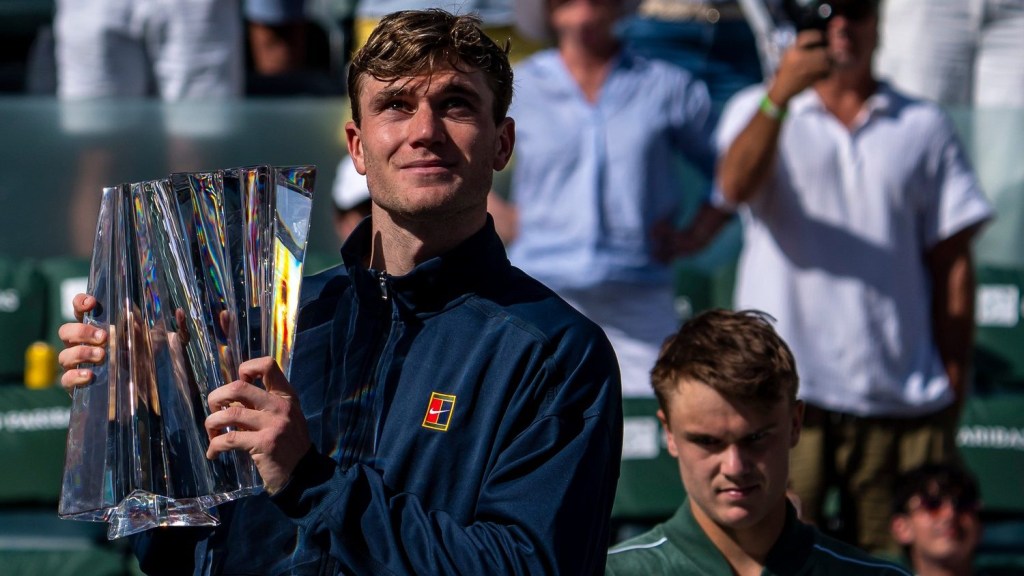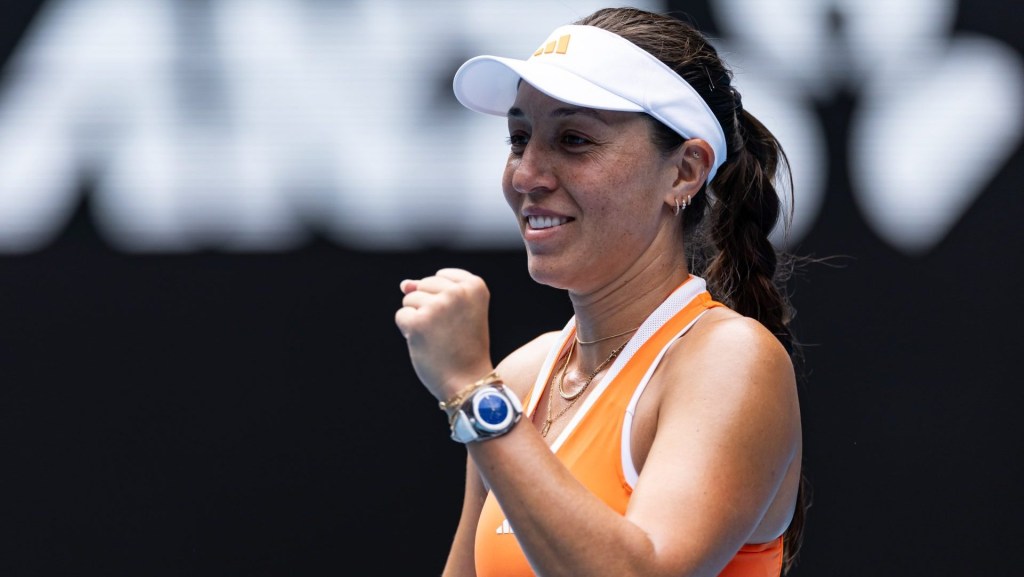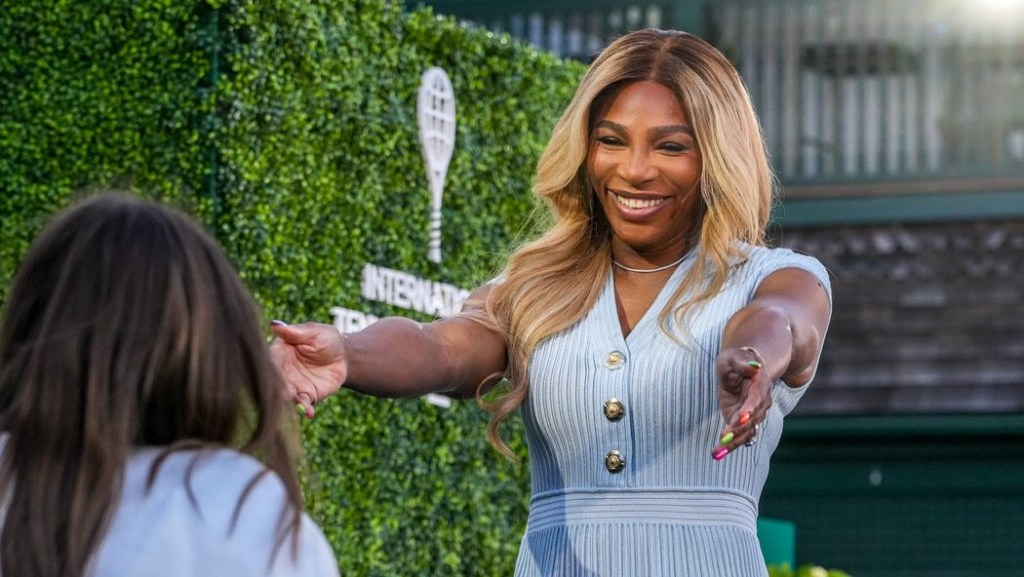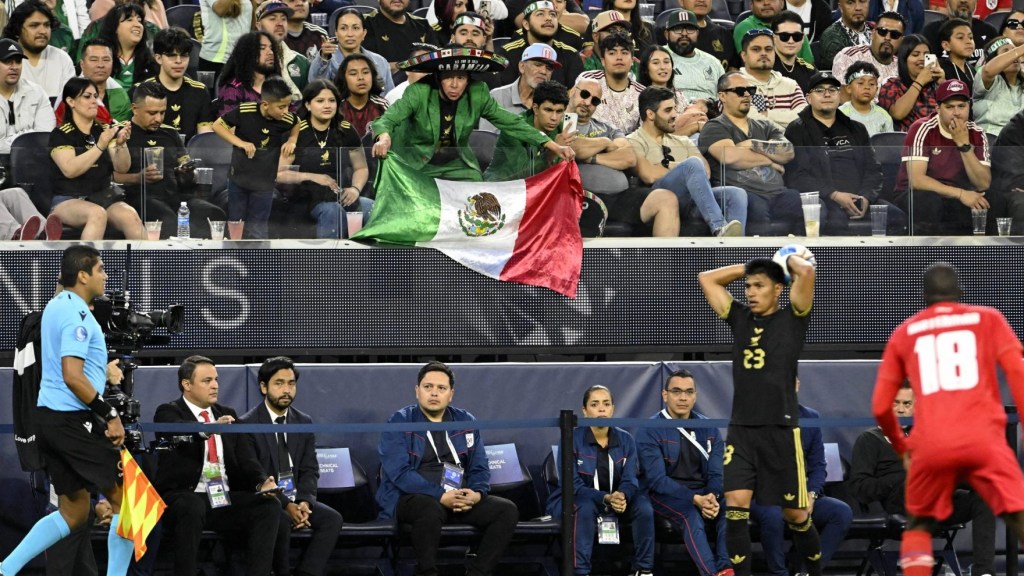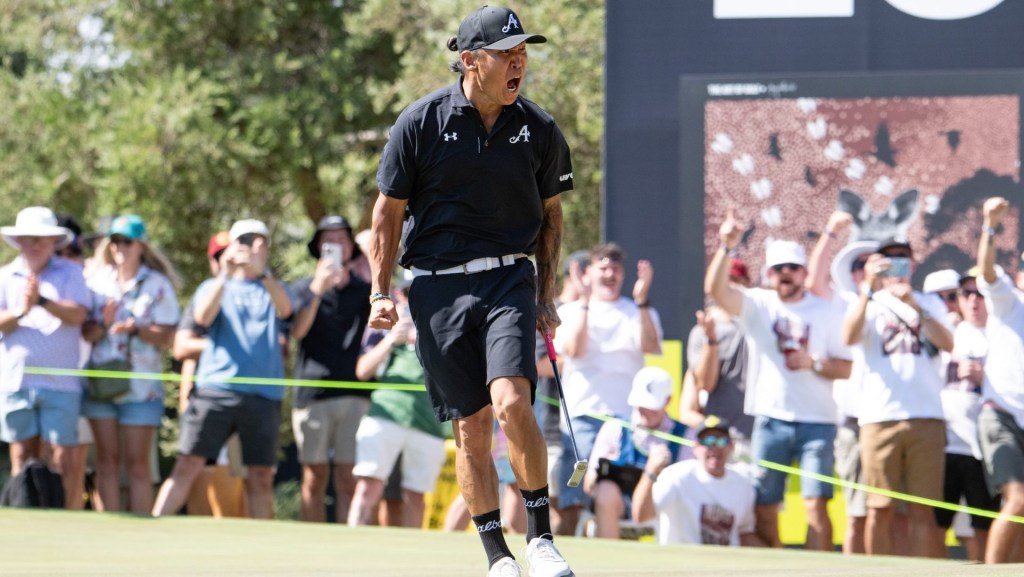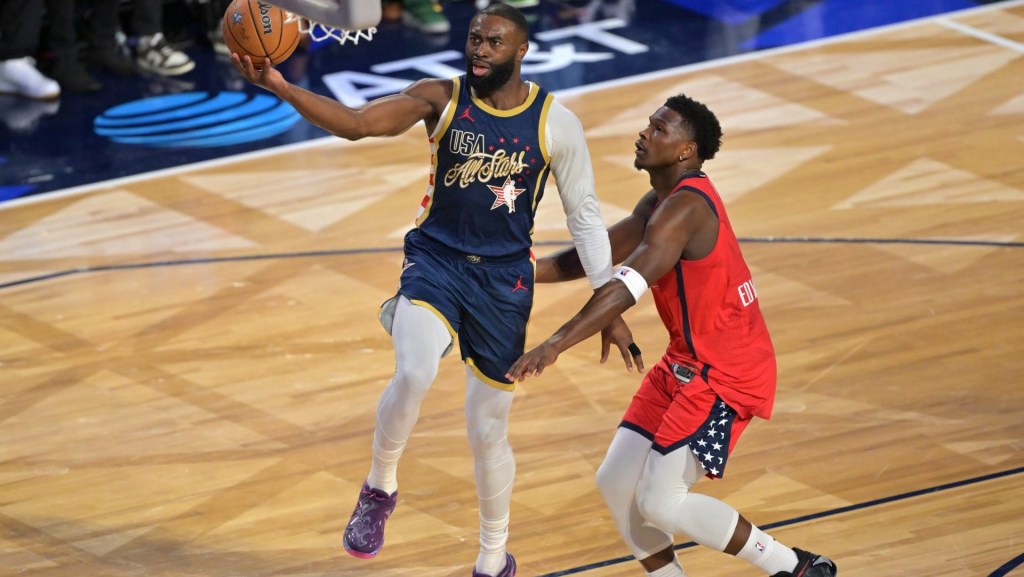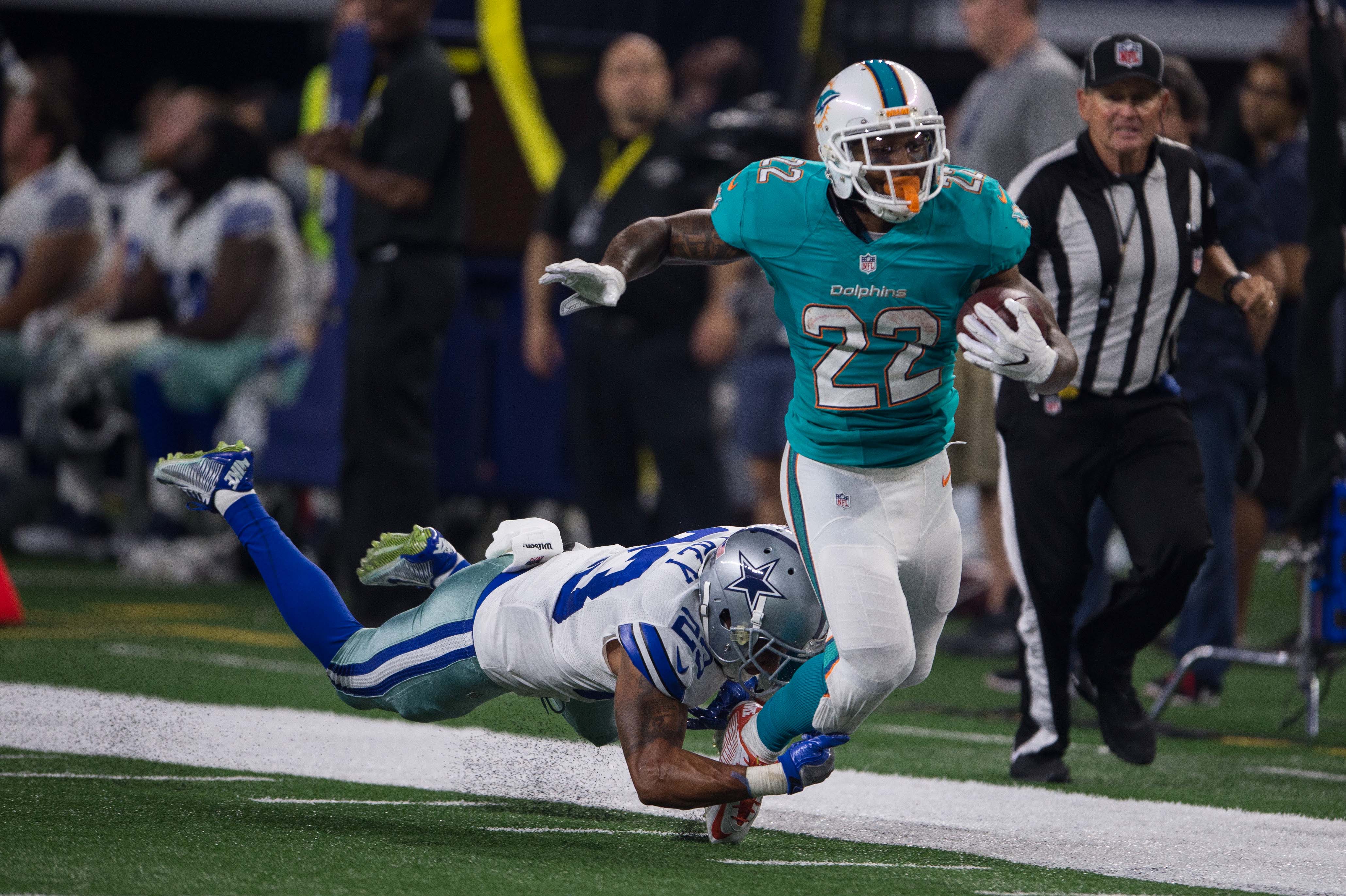
Photo Credit: Jerome Miron-USA TODAY Sports
Mike McCartney hasn’t forgotten Isaiah Pead’s story.
Pead, a four-year pro out of the University of Cincinnati, was awaiting his next NFL opportunity in 2016 when he was involved in a serious car accident. He was rushed to a hospital for emergency surgery and ultimately had his left leg amputated. His football career was abruptly over at 26.
“We had a really powerful moment,” said McCartney, director of football operations at the sports agency Priority Sports. “He never thought life after football would begin at such a young age. No one knows when it’s going to end. A lot of times, players think they’ll have an eight- to 12-year career and unfortunately, it doesn’t often last that long.
“Too many players wait until it’s too late to think [about] what’s next.”
READ MORE: Why Athlete Retirement Transitions Can Be So Devastating
Pead shared his story at Priority’s most recent Preparing for Life After the NFL symposium in March, a semi-annual event the agency puts on to help their clients transition into life after retirement.
This year’s P.L.A.N. was held in Las Vegas at the Cosmopolitan, with nearly two dozen current and retired players attending the one-day event. It was the third P.L.A.N. event in Las Vegas and fifth overall, as McCartney said the draw of Las Vegas helps add a little flair to the event. Every little draw gives him a better chance of coaxing players who might be hesitant to buy into the program. He says those that do will receive the agency’s full backing in turn.
“It’s when they show up and when they’re willing to invest in their future, we should be willing to invest in their future,” McCartney said. “There’s a lot of scary statistics, we don’t want them to be a statistic.”
The program features a full day of seminars broken down into two themes. The first half of the day is spent discussing the transition out of football. The second concerns post-playing career paths. Should a player demonstrate an interest in a career path not covered by the event, Priority then seeks out someone to speak on the subject.
New York Giants quarterback Kyle Lauletta just completed his rookie season but nevertheless made his way to Las Vegas already thinking about life after football, which he hopes will be related to his business degree and marketing concentration.
“It’s always been a priority in my life,” Lauletta said, dating back to his time at Richmond College after only receiving two Division I scholarship offers. “At some point, you’re not going to play in the NFL and, for me, I’d like to have another skill and have other options.”
[mc4wp_form id=”8260″]
Two recently retired players, offensive lineman Geoff Schwartz and tight end Ben Hartsock, were also in attendance at this year’s P.L.A.N.
More active players are thinking about their post-retirement careers, said Schwartz, an eight-year NFL vet and current Sirius XM and ESPN Radio host and author. Still, the number is too few. “It’s hard to line up something when you don’t know when the end is,” he noted. Nevertheless, conditions should improve as the NFL and more peripheral organizations like Priority provide access to resources to help — and, in Priority’s case, genuinely wants to help.
“Priority actually does it, it’s not just lip service,” he said. “The easier it is to access, the better.”
Hartsock is a frequent attendee of events like P.LA.N., even though he’s firmly entrenched in a broadcasting career with Fox Sports Radio. “I’m a guy that’s a junkie, I’ve done so many,” he joked. He’s always looking for information, but said he also loves to share his story to help current players learn, even though the demographic that needs to hear it most aren’t there to listen.
“The guys who need it most won’t go,” he said. “That’s an uphill battle that the NFL, NFLPA and Priority are trying to battle.”
Lauletta says he’ll go to any event like P.L.A.N., no matter who puts it on. He sees the opportunities put in front of him as an NFL player, so Lauletta will use every asset he can before it’s too late. He knows he won’t always have the opportunity to sit in front of an Adidas executive, for instance. Played for the Giants sounds a lot different than I play for the Giants.
“There’s always something to learn,” he said. “Some players are really narrow-sighted and think they’re really good at football and don’t need a Plan B. I just want to take advantage of resources, and I realize when I’m out of the NFL, it’s probably done. Those resources aren’t there anymore.”
READ MORE: Former Athletes and Business: ‘The Breeze of Opportunity Is Always Blowing’
That’s exactly the message McCartney is trying to get across. He’s integrated P.L.A.N. into his pitch to prospective clients and hopes to instill in each player the urgency to think ahead to a post-football life long before they actually are living one.
“If we can play a role in helping them make that transition a little easier, a very difficult transition, that’s our goal,” McCartney said. “When you take that identity away, it leaves a big hole. We want to send the message football is what you do, not who you are.
“That transition will be hard, but let’s find ways to make it easier.”
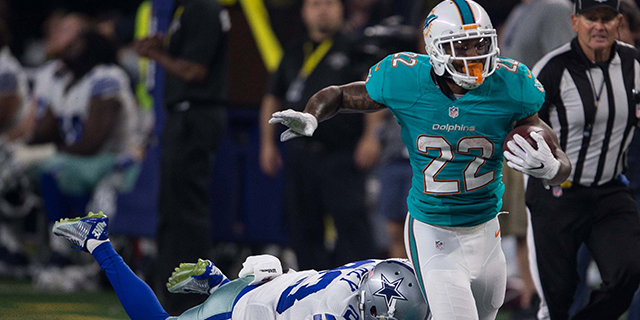

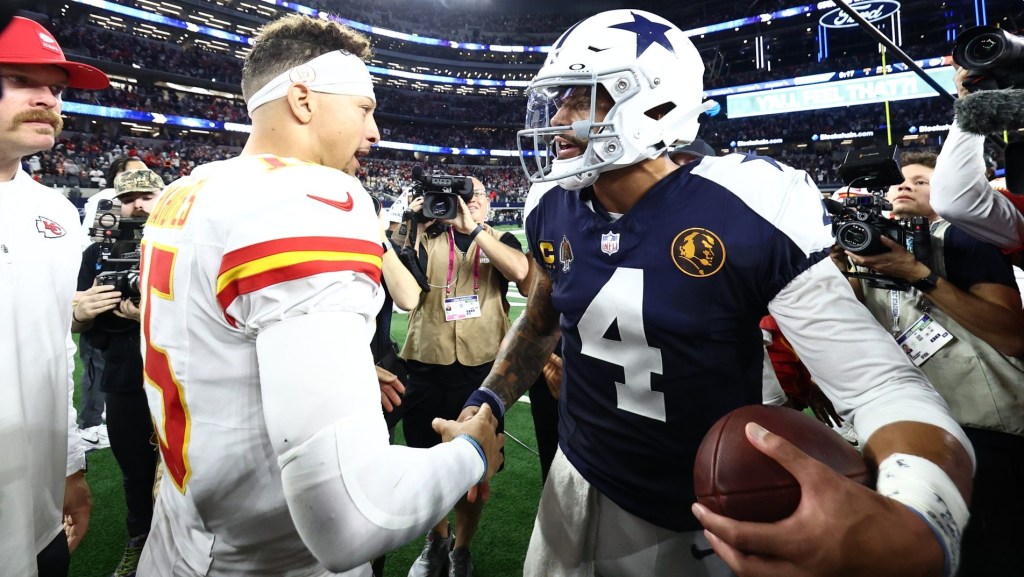
![[Subscription Customers Only] Jun 15, 2025; Seattle, Washington, USA; Botafogo owner John Textor inside the stadium before the match during a group stage match of the 2025 FIFA Club World Cup at Lumen Field.](https://frontofficesports.com/wp-content/uploads/2026/02/USATSI_26465842_168416386_lowres-scaled.jpg?quality=100&w=1024)

![[Subscription Customers Only] Jul 13, 2025; East Rutherford, New Jersey, USA; Chelsea FC midfielder Cole Palmer (10) celebrates winning the final of the 2025 FIFA Club World Cup at MetLife Stadium](https://frontofficesports.com/wp-content/uploads/2026/02/USATSI_26636703-scaled-e1770932227605.jpg?quality=100&w=1024)




